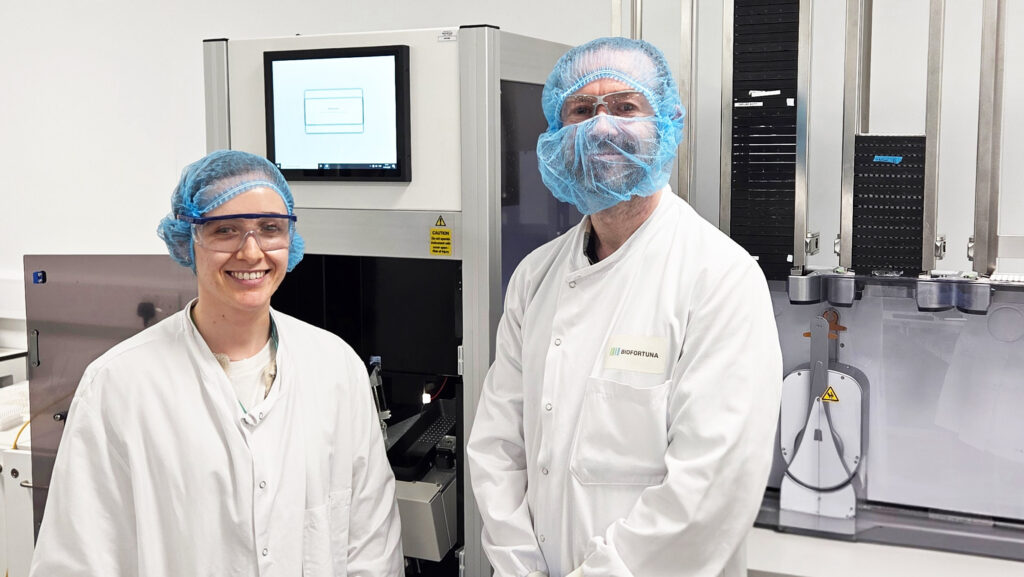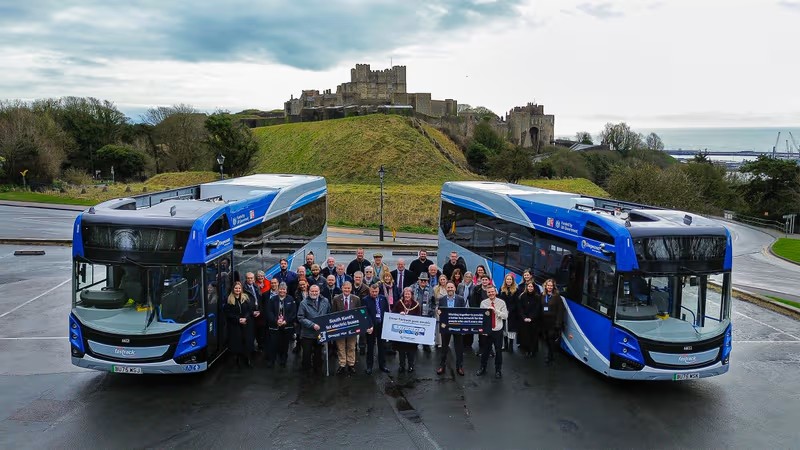The telecoms giant’s 10-year open connectivity project has suffered a series of setbacks at the hands of local governments, but a recent appeal decision may offer some hope.
BT aims to convert a further 2,000 legacy payphones and kiosks into smart Street Hubs. The technology provides up to 1Gbps capable public WiFi within a 150-metre radius, free UK calls, USB charging, and cells to boost local 4G and 5G mobile signal. Local information and advertisements can also be displayed.
To date, around 1,000 existing payphone kiosks have been conferred into Hubs, but many proposed refurbishments and upgrades have been met with town hall objections. Many of the complaints centre around the size and disruption these systems can cause, with one local authority claiming they cluttered the street. In Preston, for example, plans to install a Street Hub at Friargate North have been blocked by planners because this would be counterproductive to ‘extensive public realm improvement works’ already underway.
‘It is considered the size and siting of the proposed hub would have a significant unacceptable adverse impact upon the character of the street by increasing street clutter in an area where efforts have been made to reduce it, as well as reducing the width of the footway available to be used by pedestrian traffic,’ a spokesperson for the city council has been quoted as saying.
Preston isn’t the only local authority to have attempted to block BT’s big rollout. In February, the company submitted two applications to Colchester City Council. Both were rejected the following month after being deemed ‘unacceptable by virtue of its scale, design, form, illuminated displays and prominent siting.’
However, a subsequent appeal has now led to the authority’s decision being overruled on behalf of the Planning Inspectorate. This means BT can proceed with the removal of outdated street technology and begin to install the Street Hubs at the approved locations.
‘There is no conflict with the traditional architecture of the conservation area,’ said Luke Fleming, the inspector who oversaw the Colchester appeal. ‘The proposals would not add to street clutter and overall, the effect on the character, appearance and significance of the conservation area. I have determined the appeals on their merits having regard to the bespoke site circumstances.’
Image: William Warby / Unsplash
More Online Networks & Computing:
Glasgow, Birmingham, Bristol, Southampton, Cirencester, Oxford firms benefit from 6G-fibre award
Downing Street launches digital exclusion fund for local councils



















Leave a Reply